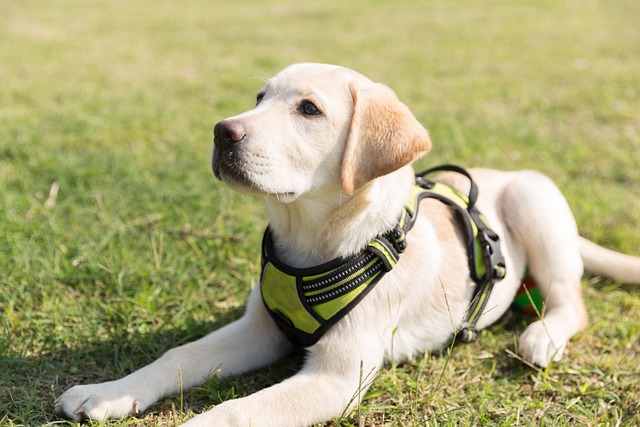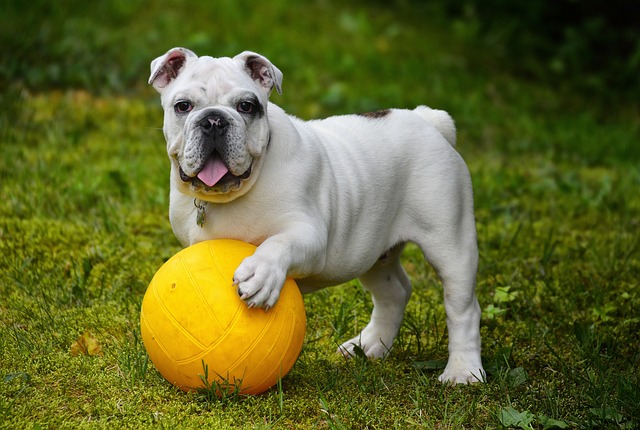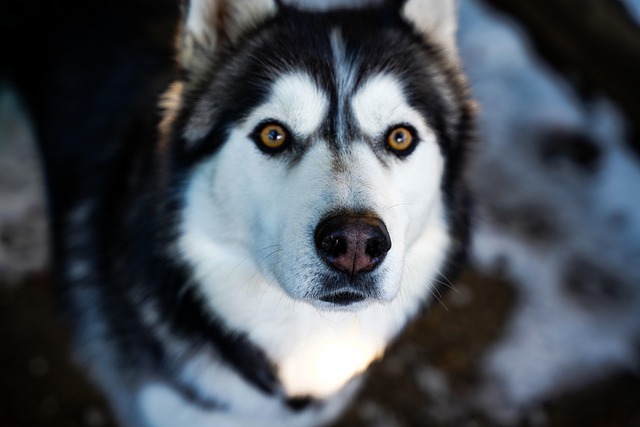
Would veterinarians recommend using dental cleaning sticks for pet dogs
If you’ve ever stood in the pet store, staring at a wall of dental chews while wondering if they’re worth the money, you’re not alone.
As your dog enters their golden years—grey muzzle, slower walks, and more naps by the fire—you might find yourself wondering: do senior dogs still need vaccinations? It’s a common question among new pet owners in the US, and the short answer is yes, but with some thoughtful adjustments. Vaccinations remain a key part of keeping your older companion healthy, even as their needs change.
Senior dogs have weaker immune systems, making them more vulnerable to diseases, not less. Think of it like how older adults might need flu shots more than young people—their bodies fight off illness less effectively. A disease like parvovirus, which rarely affects adult dogs, can hit a senior dog much harder, leading to longer recoveries or serious complications. Vaccines work by reminding their immune system how to fight off familiar threats, boosting their defenses against viruses they might encounter on walks, at the vet, or even from other dogs in your apartment building. Skipping vaccines doesn’t “protect” them from side effects; it leaves them open to preventable sickness.
Practical steps start with a chat with your vet. They’ll tailor a plan based on your dog’s health and lifestyle. For my 11-year-old terrier mix, who only ventures to the backyard and vet visits, my vet recommends core vaccines (rabies, distemper) every 3 years instead of annually, paired with antibody titer tests to check immunity levels. If titers show strong protection, we extend the time between shots. For active seniors who still visit dog parks or hike, your vet might keep annual boosters for diseases like bordetella (kennel cough). Always follow their guidance—they know your dog’s health best, and sudden changes to vaccine schedules can be risky.

Legally, rabies vaccination is non-negotiable at any age. Every US state mandates it for all dogs, regardless of how old they are, because rabies is fatal to humans and animals. My neighbor learned this the hard way when her 14-year-old beagle’s rabies shot lapsed—local animal control issued a warning, even for a senior pet who rarely left home. Culturally, kind senior care here means more than soft beds and gentle play (though positive reinforcement, never punishment, remains key for their comfort). It means respecting community health by keeping vaccines current, just like cleaning up their poop on walks (required by law in most cities) shows respect for neighbors.
In daily life, small habits help. Keep vaccine records handy—many boarding facilities or groomers ask for them, even for seniors. In apartments, share updated vaccine info with your landlord if required, to show you’re a responsible tenant. When walking, stick to familiar routes to limit exposure to unvaccinated dogs, but don’t skip walks—they need the exercise, and staying vaccinated keeps them safe while doing so.
Senior dogs deserve the same protection they got in their youth, just adjusted for their needs. With your vet’s help, you’ll keep them healthy, happy, and compliant for years to come.

If you’ve ever stood in the pet store, staring at a wall of dental chews while wondering if they’re worth the money, you’re not alone.

Walk down any pet store aisle, and you’ll see shelves lined with dental chews—colorful, bone-shaped treats promising to clean teeth and freshen breath.

If you’ve ever struggled to brush your dog’s teeth—dodging wiggly heads, slobbery paws, or the occasional playful bite—you’ve probably wondered about easier alternatives.

Finding your dog lethargic, with dry gums and sunken eyes, is enough to make any new pet owner panic. Dehydration creeps up fast

Watching your golden retriever scratch his ears raw after meals or sprint to the backyard with digestive urgency turns dinnertime into a nightmare.

There’s something undeniably captivating about a husky’s gaze, and when those eyes are a rich shade of brown, it’s like stumbling upon a hidden gem.